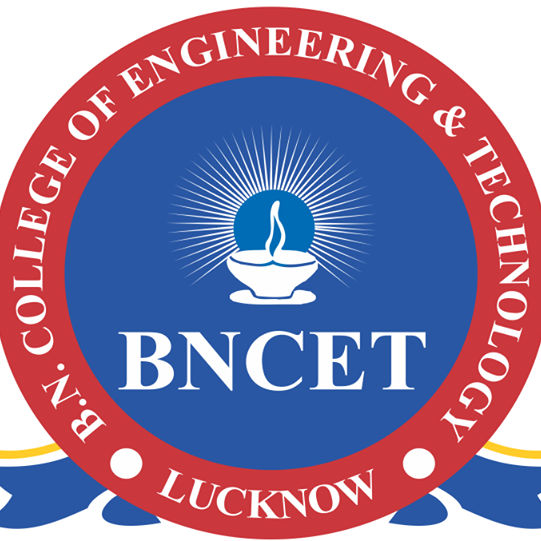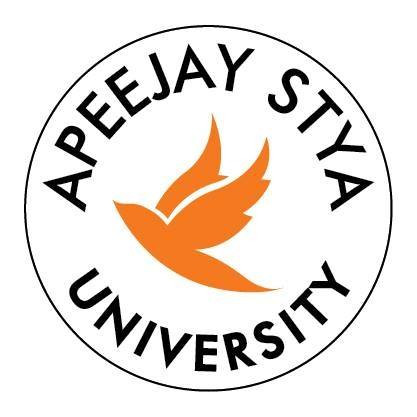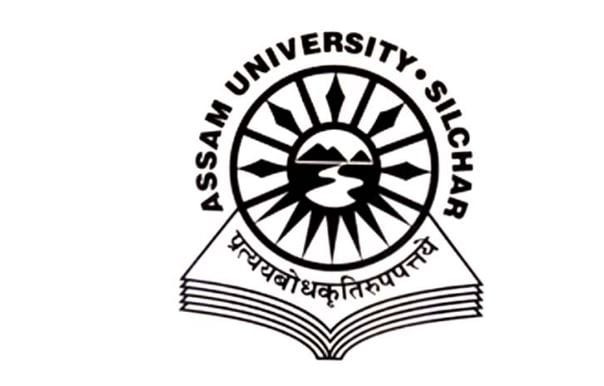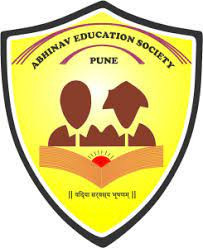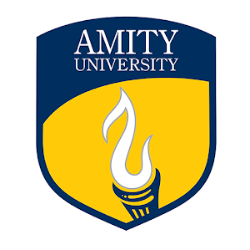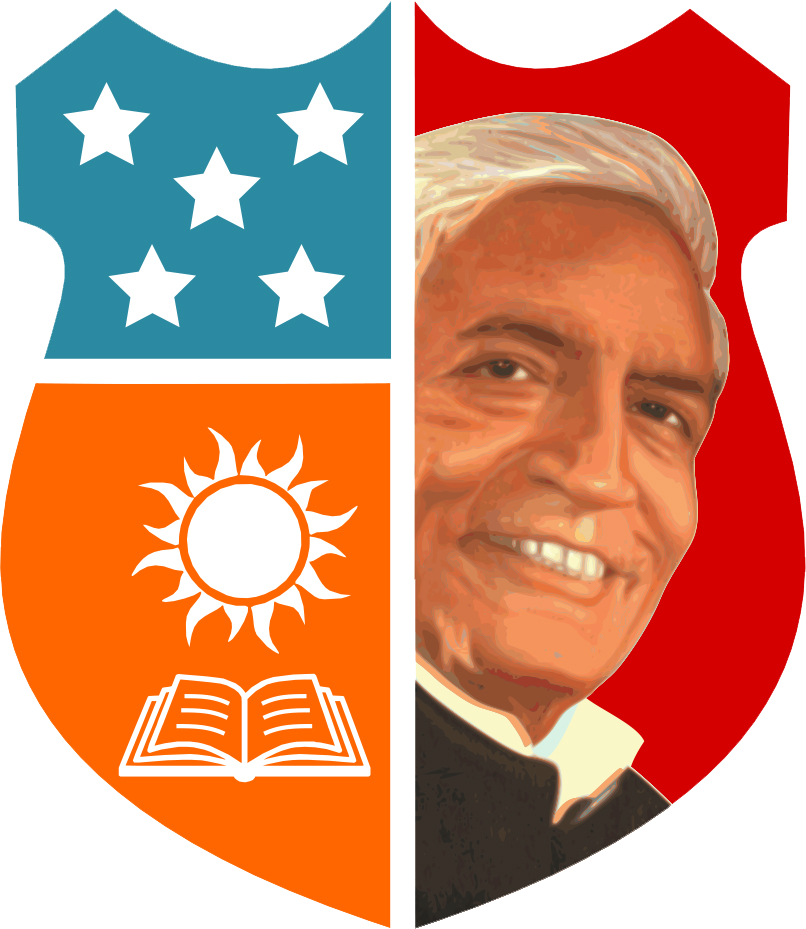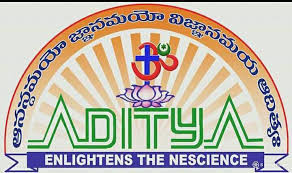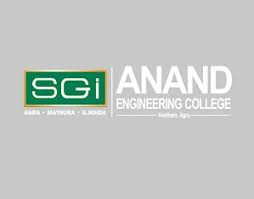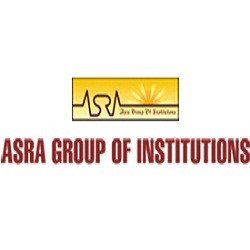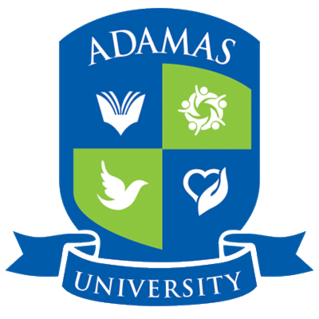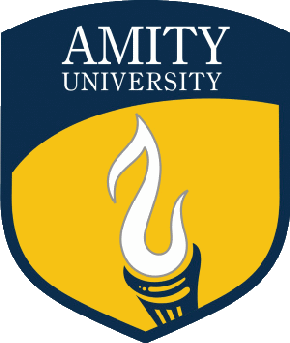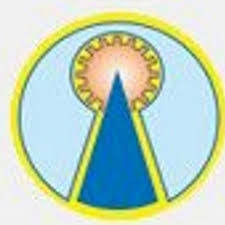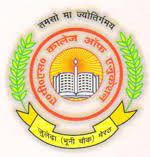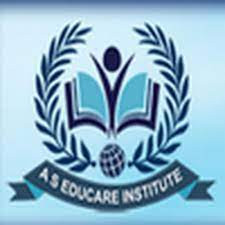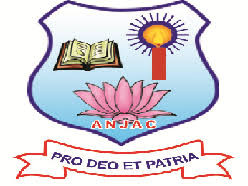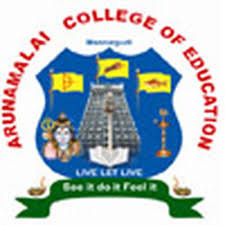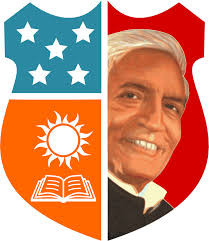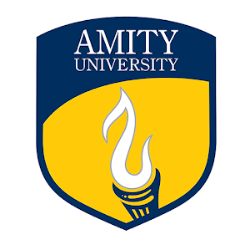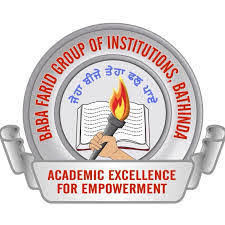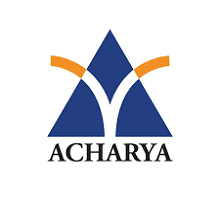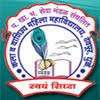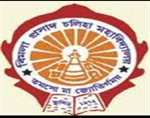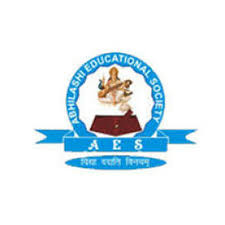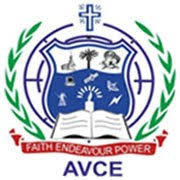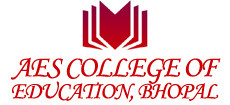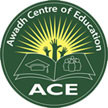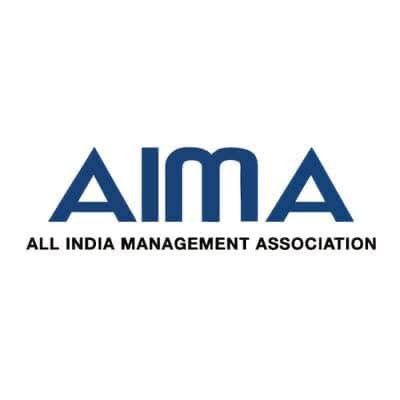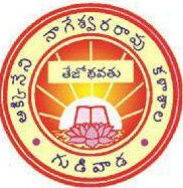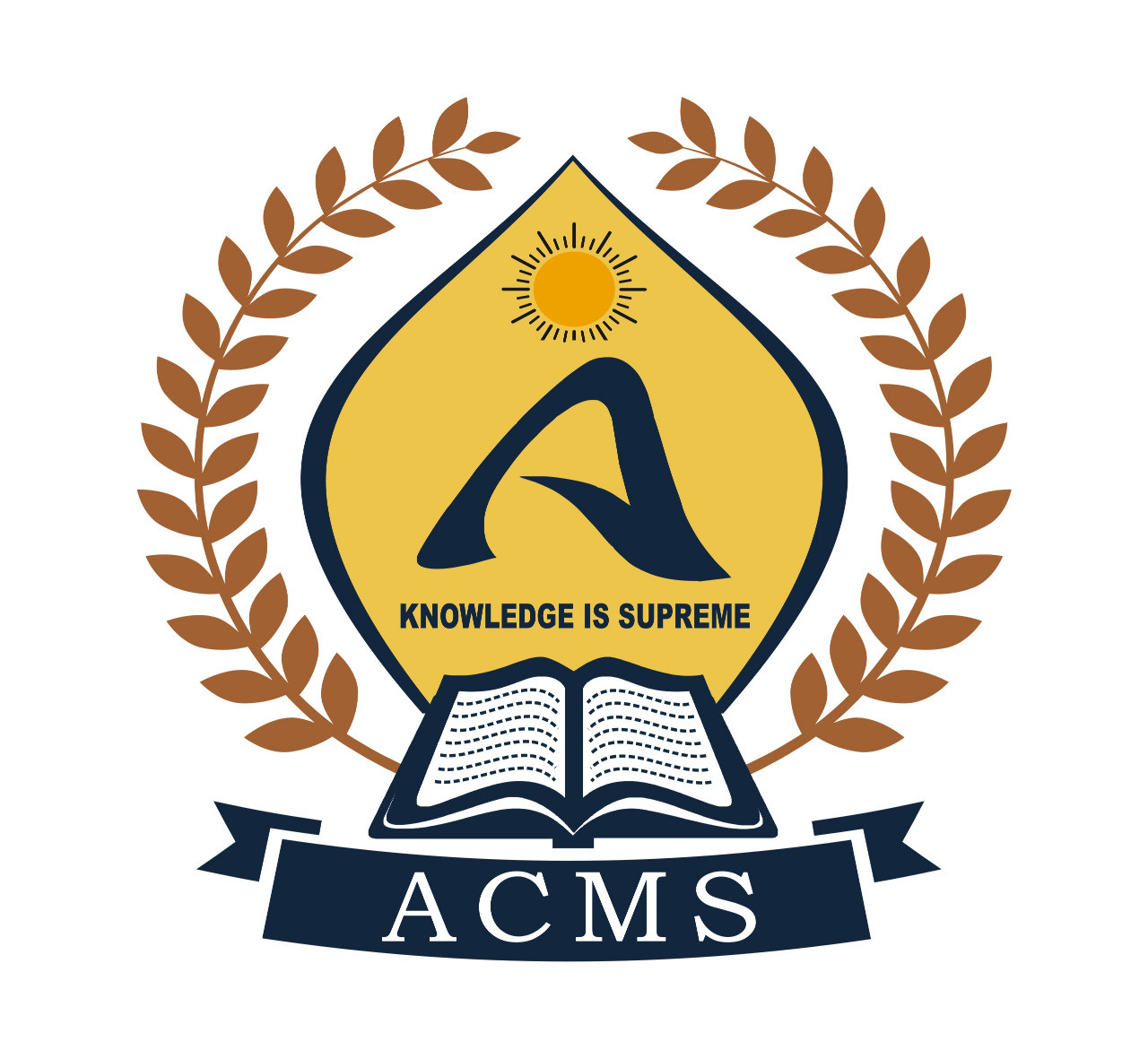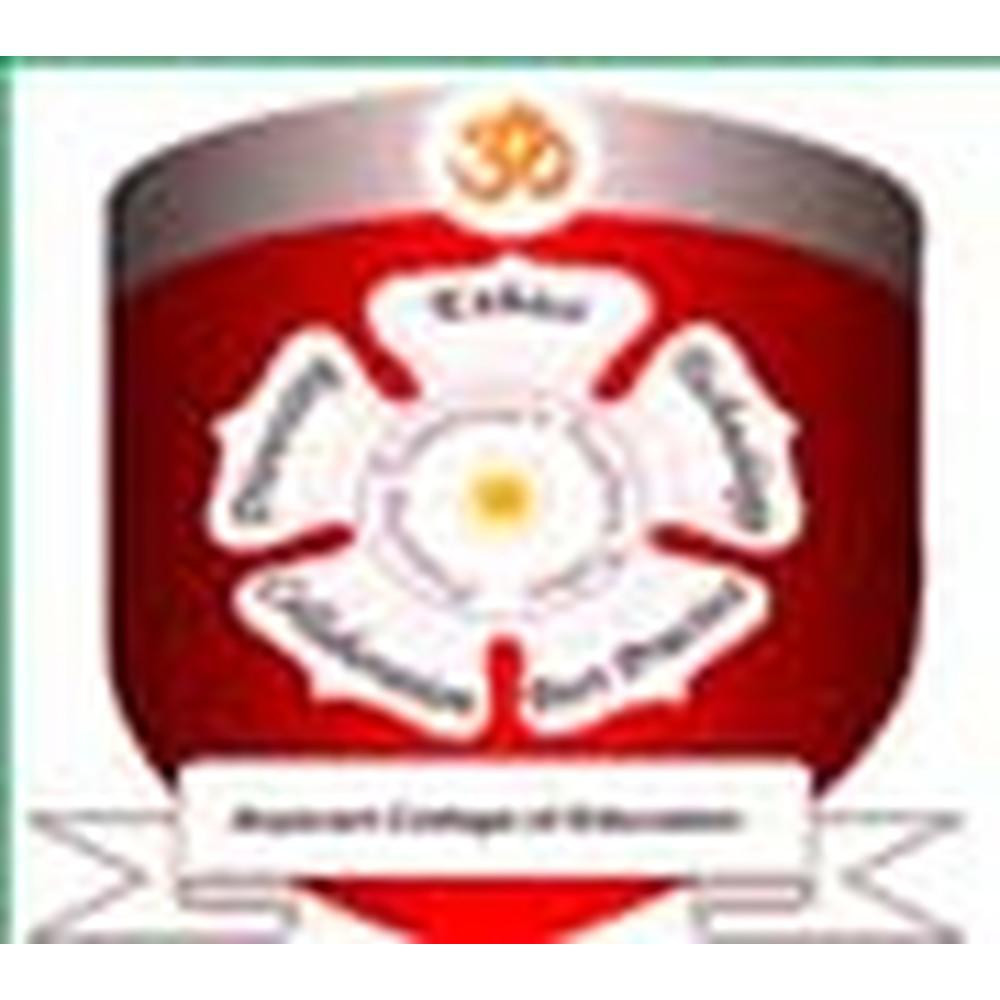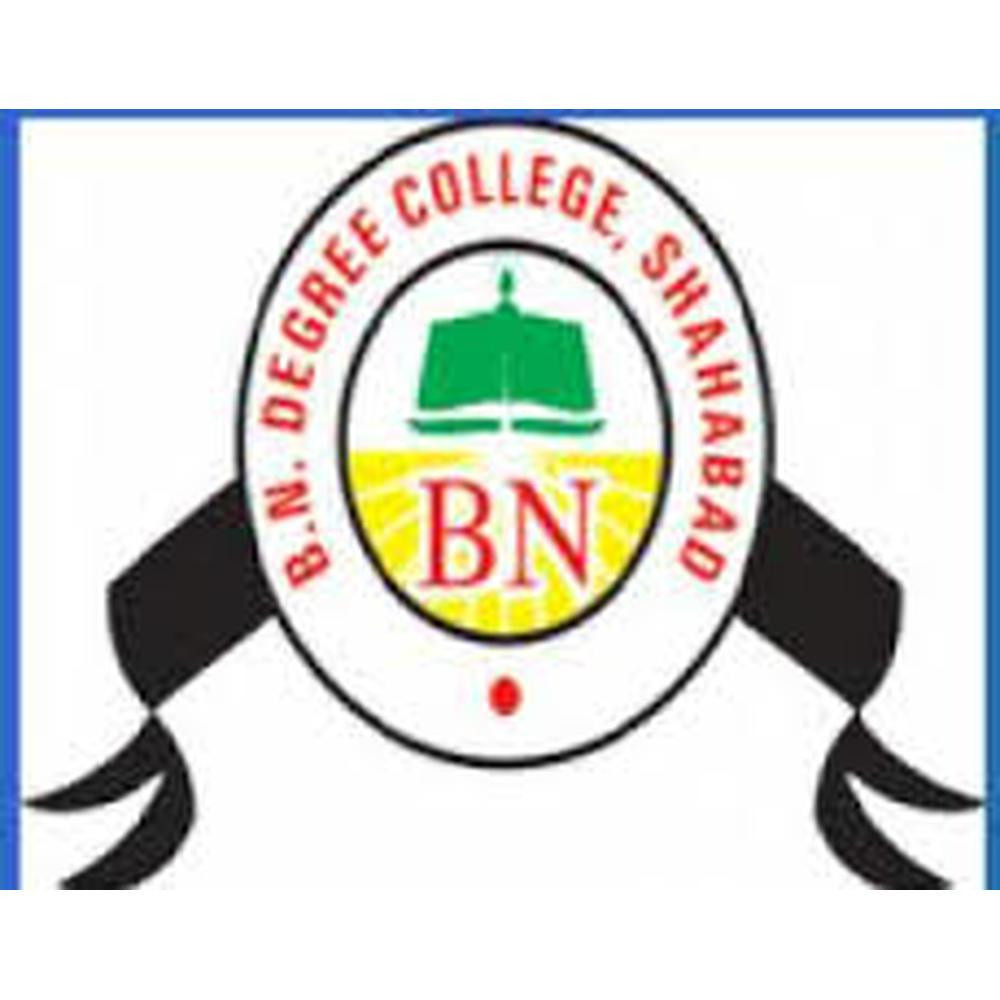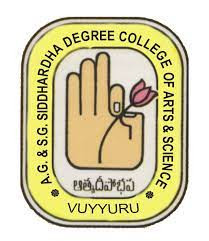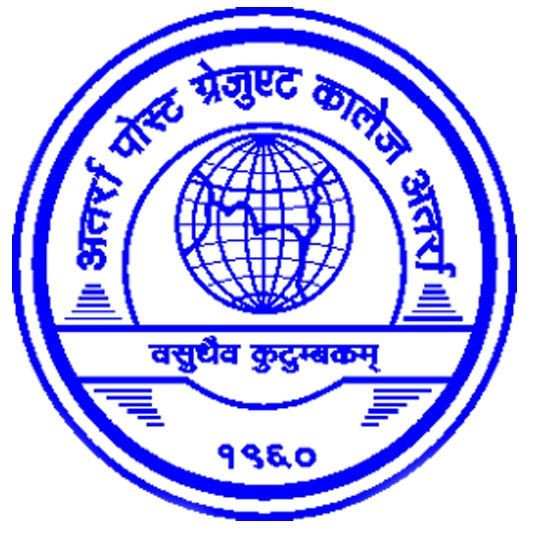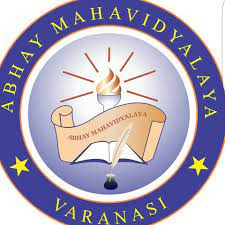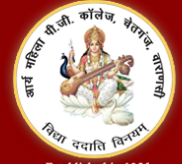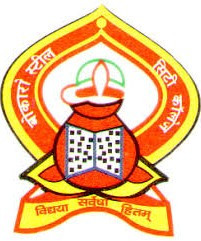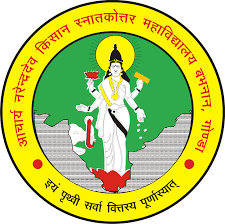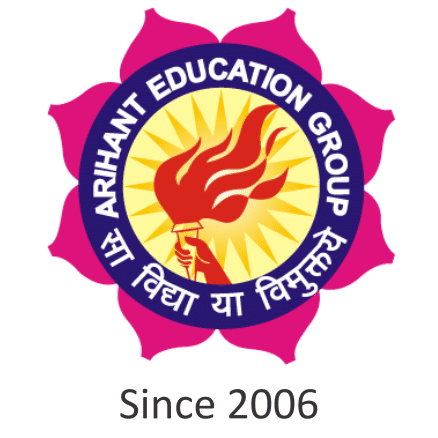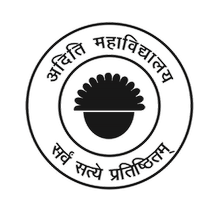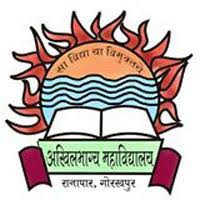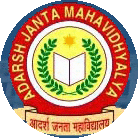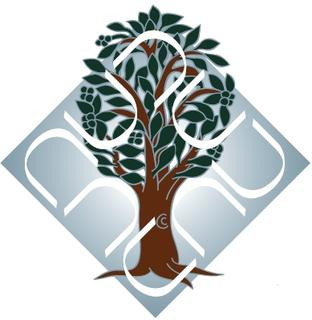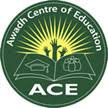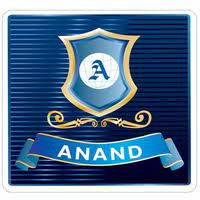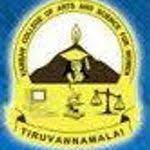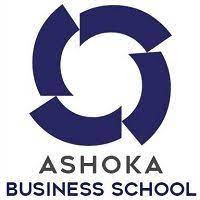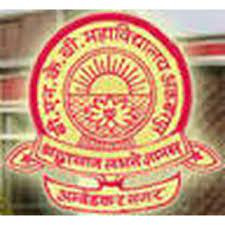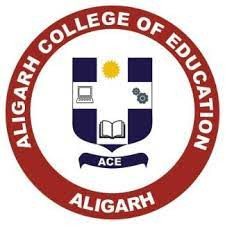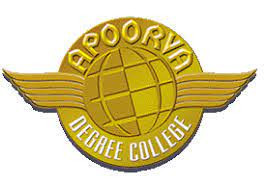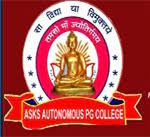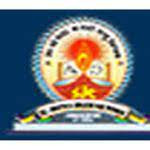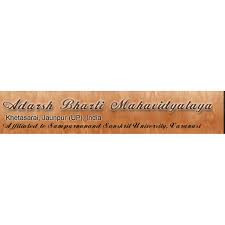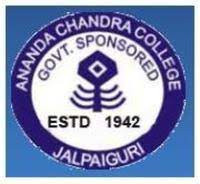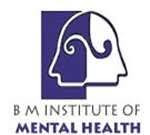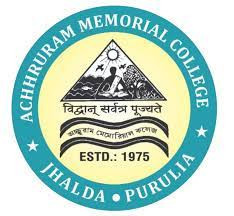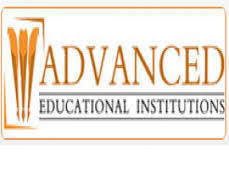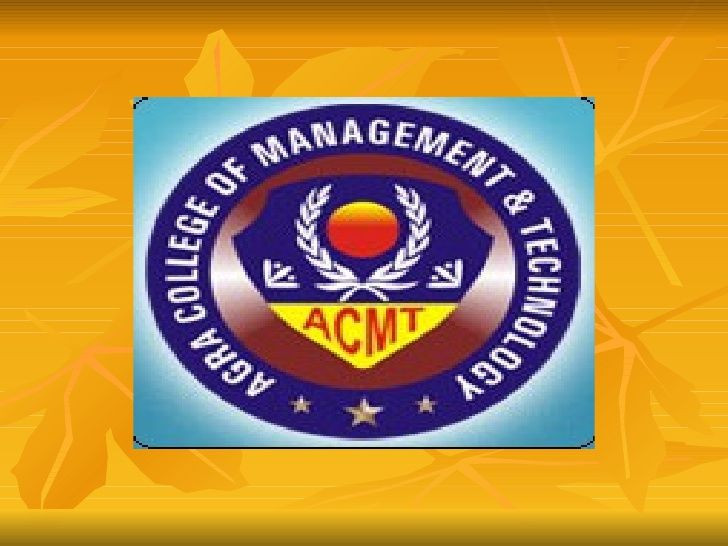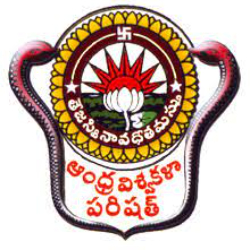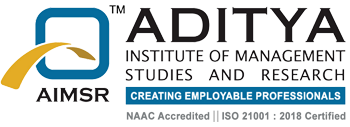What is Education?
Education is the process of acquiring and imparting knowledge at various levels in different forms. It enhances understanding and instils multiple skills in an individual. Moreover, it also prepares you for further career growth.
According to the Cambridge Dictionary, Education is “the process of teaching or learning, especially in a school or college, or the knowledge that you get from this.”
Benefits of Pursuing a Career in Education
A career in education is gratifying and honourable. It allows you to contribute toward societal development and positively impact the future generation. Additionally, a career in teaching will enable you to avail yourself of multiple benefits, including job security and satisfaction. We have mentioned the top potential benefits of pursuing a career in education for your reference below:
- It allows you to choose from diverse career pathways according to your interests and preferences.
- One of the unique benefits of a career in education is the additional holidays it offers. As an education professional, you enjoy more vacations than other corporate professionals, especially during festivals and other occasions. This can significantly improve your work-life balance. As an education professional, you can change the shape of society apart from educating the students.
- A career in education gives you more exposure to various skills and a healthy workplace atmosphere. Different cultural programs held in schools and colleges help you to be more creative and active. As a result, it also adds to your job satisfaction.
Additional Skills to Enhance Career Opportunities in Education
Pursuing a career in education helps you acquire a set of multiple skills. It also allows you to participate in conversations and debates on various topics. It helps in overall personality development by allowing you exposure to the following skills:
- Excellent communication skills.
- Research and analytical skills.
- Interpersonal and team management skills.
- Effective problem-solving skills.
- Time management and self-management skills.
What are the Courses at UG and PG Level Under Education?
Many colleges and universities offer various courses at the undergraduate and postgraduate levels. Pursuing a dedicated degree in education paves the way toward a successful career and high-paying job opportunities.
There are various courses at different levels that you can quickly pursue to have a successful career in education. You can pursue multiple diploma courses, undergraduate degrees, postgraduate degrees, and doctorate programs. We have mentioned some typical courses that you can quickly pursue at different levels of education.
Undergraduate Education Courses
The candidates who aspire to pursue various diploma courses and undergraduate degrees should have completed their 10+2 from a recognised board. Many top Indian colleges and universities that offer admission to various education courses include the University of Delhi, the University of Calcutta, Jamia Millia Islamia, Banaras Hindu University, etc. To enter these universities, you must satisfy specific fixed eligibility criteria and percentage requirements.
The course duration of various undergraduate education courses is 2-3 years, depending on the subject. However, you also have the option to choose an integrated course like B.A + B.Ed with a course duration of 5 years.
We have mentioned some standard undergraduate courses that can opt to start your career in education:
- B.A + B.Ed. (Integrated Course)
- B.Sc + B.Ed. (Integrated Course)
- B.Ed (Bachelor of Education)
- Elementary Teacher Training (ETT)
- Nursery Teacher Training (NTT)
- Junior Basic training (JBT)
- Diploma in Physical Education
- D.El.Ed (Diploma in Elementary Education)
- B.El.Ed (Bachelor of Elementary Education)
- B.P.Ed (Bachelor of Physical Education)
Postgraduate Education Courses
To get admission to various postgraduate education courses, you need to complete your graduation with a minimum required percentage from a recognised college or university. The duration of a postgraduate course varies between 18 and 24 months, depending on the discipline and the type of course.
Postgraduate Education equips you with practical knowledge and skills, whether pursued as a regular college degree or through online classes. It provides you with a deep understanding of your field of study and enhances your analytical skills.
We have mentioned some standard postgraduate courses that you can pursue after completing your graduation in Education:
- M.Sc + M.Ed (Integrated Course)
- M.A + M.Ed (Integrated Course)
- M.Ed (Master of Education)
- M.P.Ed (Master of Physical Education)
- M.Phil. (Master of Philosophy)
Ph.D. in Education
Ph.D. in Education is a 3 to 5 year long doctorate program involving research on varied educational issues. It gives you deep knowledge of a subject and provides productive job opportunities. You can easily land your dream job in the education sector after pursuing a PhD course.
Ph.D. aspirants must complete their master's degree with an aggregate of 60% from a recognised university. Moreover, you might need to appear for an entrance exam to get admission to a doctorate course in Education. However, the best part about pursuing these doctorate programs is that you can apply for them at any point in your life without facing any issues regarding the age bar.
Securing a successful career in the teaching profession is a challenging task. To excel in this field, you need to appear for and qualify in multiple government exams. These exams are crucial as they open doors to your dream job in various sectors, including private schools, public schools, colleges, and universities.
Here's a list of some of the common entrance exams that can pave the way for a successful career in the education sector:
Teacher Eligibility Test (TET):
- TET (Teaching Eligibility Test) is required for teaching positions in India.
- It is conducted at both the central and state levels.
- Latest amendments in the Right to Education Act mandate TET qualification for teaching in private and public schools.
- CBSE (Central Board of Secondary Education) conducts the TET examination at the national level.
- State exam conducting bodies are responsible for the TET examination at the state level.
University Grants Commission National Eligibility Test (UGC NET):
- The UGC NET is conducted by the National Testing Agency (NTA) to determine eligibility for a Junior Research Fellowship and Lectureship.
- The computer-based exam consists of two papers: Paper I and Paper II.
- The final result is based on the aggregate marks obtained in both papers.
- UGC NET, a regular opportunity for academic aspirants, is held nationally twice yearly, in June and December.
- UGC NET is mandatory to become a lecturer in college.
Council of Scientific and Industrial Research NET (CSIR UGC NET)
- CSIR UGC NET is a national level entrance exam conducted by the National Testing Agency (NTA).
- It is required for teaching aspirants seeking positions in colleges and universities.
- The exam tests candidates' eligibility for Junior Research Fellowship and Assistant Professor roles.
- It is specifically for those pursuing careers in Semi Science & Technology and related subjects.
State Level Eligibility Test (SLET)
- The SLET (State Level Eligibility Test) is an examination to determine eligibility for university and college teaching positions.
- Individual states in India conduct it.
- The test is designed to assess candidates' eligibility for the Assistant Professor position at state universities and colleges.
- SLET is specific to each state, with different states having their conducting bodies.
- The exam generally covers subjects related to Arts, Humanities, Social Sciences, and other specific fields.
UG Syllabus for Education Course:
Semester 1 | Semester 2 |
Childhood and Growing Up | Learning and Teaching |
Contemporary India and Education | Pedagogy of School Subject 1 – Part II |
Language across the Curriculum | Pedagogy of School 2 – Part II |
Pedagogy of School Subject 1 – Part I | Knowledge and Curriculum |
Pedagogy of School Subject 2 – Part I | Assessment for Learning |
School Exposure | School Attachment |
Field Engagement activities | Community living camp |
Semester 3 | Semester 4 |
Pre- internship | Gender, School and Society |
Internship | Reading and Reflecting on Texts |
Engagement with the field- tasks and Assignments | Creating an Inclusive School |
Arts in Education | Health, yoga and physical education |
Understanding the Self | Engagement with the Field: Tasks and Assignments |
Top Colleges for Education in India: -
- Delhi University
- Regional Institute Of Education (RIE)
- Lady Shri Ram College (LSR)
- Jadavpur University
- Jamia Milia Islamia (JMI)
- Indira Gandhi Open University (IGNOU)
- Miranda House
- Banaras Hindu University (BHU)
- University of Lucknow
- Guru Gobind Singh Indraprastha University (GGSIPU)
- Calcutta University
- Lovely Professional University
- ICFAI University
- Kasturi Ram College of Higher Education
- Amity University
Career Opportunities After Pursuing Education Courses
The career decision of your life should reflect your personality and temperament. Over time, career opportunities for education professionals have accelerated. We have mentioned some common and productive career opportunities with their average annual income for your reference below:
Job Profiles | Average Salary |
School Teacher | Rs 2.40 - Rs 12.00 LPA |
Professor | Rs 11.90 - Rs 20.00 LPA |
College Dean | Rs 15.00 - Rs 26.00 LPA |
Career Counsellor | Rs 3.20 - Rs 7.00 LPA |
Librarian | Rs 2.80 - Rs 8.00 LPA |
Educational Researchers | Rs 2.00 - Rs 4.00 LPA |
Curriculum Developers and Writers | Rs 5.00 - Rs 17.00 LPA |
Academic Coach | Rs 6.50 - Rs 10.00 LPA |
Conclusion
Increasing awareness regarding the necessity of studies has created multiple career opportunities in the field of education. It has now become one of the most competitive career streams all over the world. You might be surprised to know that the growth rate and demand for education professionals are expected to hike above the national average job growth within the next decade.
A career in education helps you to understand student psychology and show them the right path to pursue a meaningful career. Above all, it is one of the most respectable career paths in the world. We hope that you might have found this article useful for turning your interest and passion for teaching into a productive career opportunity.
FAQs
- What is B.Ed.?
B.Ed. Stands for Bachelor of Education, where Students enrolled in this undergraduate professional degree program are equipped for a career in teaching. - How long does the B.Ed course last?
On average, a B.Ed program lasts two years. - What are the requirements to be eligible for a B.Ed.?
Having a bachelor's degree in any field from a recognised university with a minimum cumulative GPA of 50% is one of the usual eligibility requirements. Institutions have different specific criteria. - Is it possible to pursue a B.Ed. via distance education?
Yes, you can choose between open learning and remote education for your B.Ed. - What is the minimum age to pursue a B.Ed.?
You can pursue a B.Ed. between the ages of 21 and 35. - What is M.Ed.?
Master of Education, a postgraduate level degree that prepares people to work in education. - How long does the M.Ed. program last?
While two years (four semesters) is the standard, many well-known institutions—including BHU offer one year (two semesters) M.Ed. programs. - What kinds of M.Ed. courses are there?
There are two options for completing the M.Ed. course: regular or distant. IGNOU offers distance learning, and universities like DU provide traditional M.Ed. programs. - What are the different specialisations available in an M.Ed. program?
Numerous fields, including educational technology, guidance and counselling, special education, women's studies, rural education, and yoga education, offer M.Ed. specialisations. - How does one apply for admission to an M.Ed. program?
Admission is determined by the results of the qualifying exam or the entrance exam. Exams like the DUET, AMU Entrance Test, BHU PET, etc. are often taken.


